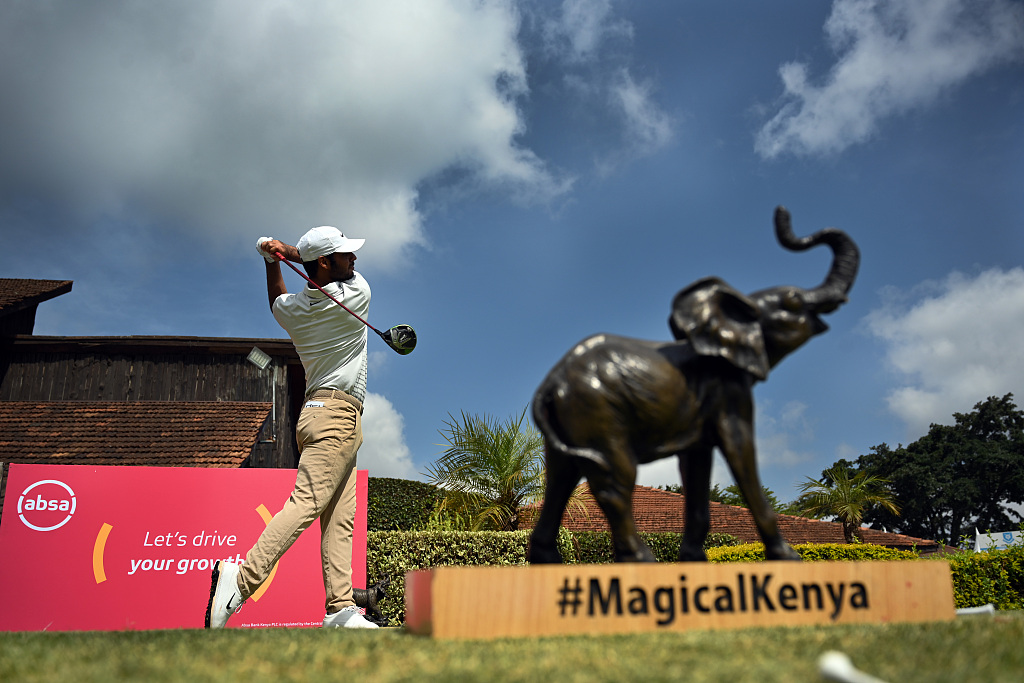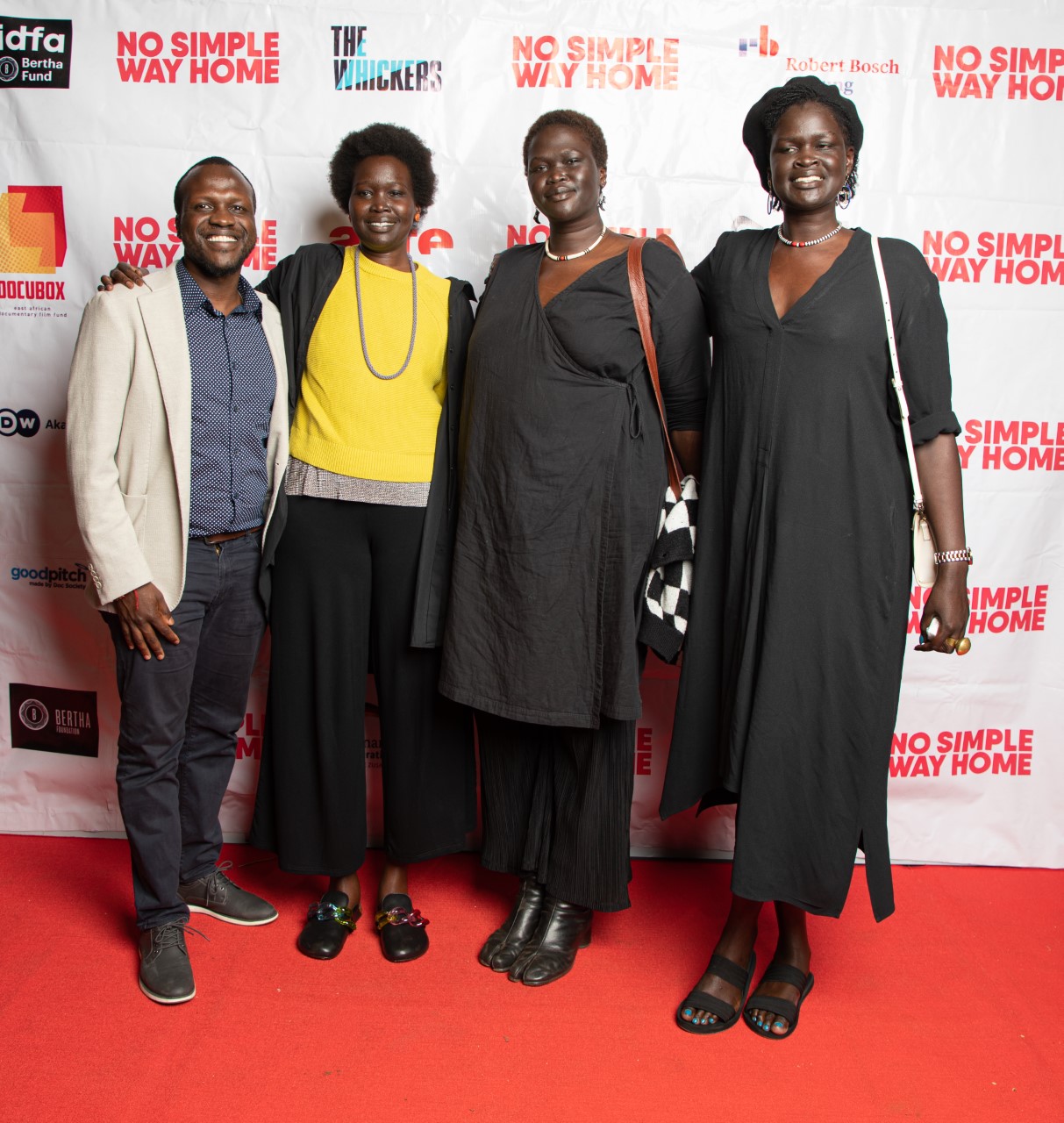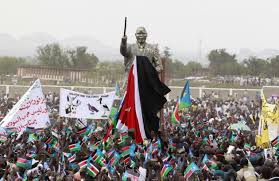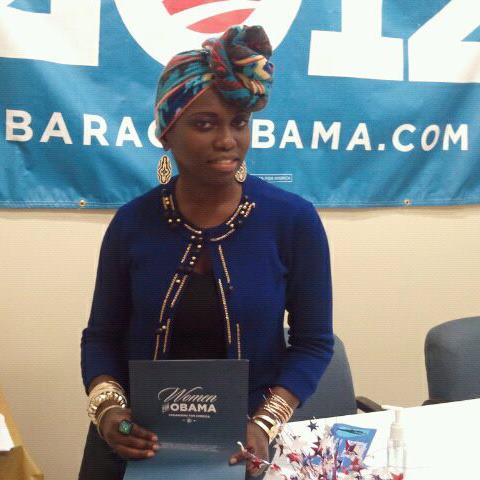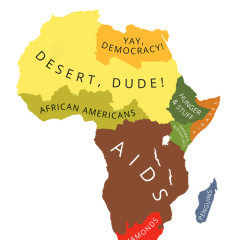The last king of Rwanda is dead.
[caption id="attachment_33831" align="alignleft" width="300"]

A photo taken on May 3, 1994 shows exiled King Kigeli V Ndahindurwa of Rwanda posing in Washington's Union Station.
The last king of Rwanda, Kigeli V, who ruled the east African nation for less than a year before being forced into exile, finally settling in the United States, died early on October 17, 2016 according to his official website. He was 80.
/ AFP / Chris KLEPONIS (Photo credit should read CHRIS KLEPONIS/AFP/Getty Images)[/caption]
Kigeli V Ndahindurwa, who ruled his tiny country in central Africa for just nine months before fleeing into exile in 1960, passed away on Sunday in the United States. He was 80.
The last in a long-line of monarchs drawn from Rwanda’s Tutsi minority, Kigeli V was ousted by a Belgian-backed Hutu uprising that began in 1959. Rwandans voted to abolish the monarchy two years later.
Kigeli V spent the next three decades footloose in Africa. He initially sought refuge in Tanganyika, now Tanzania, but later accepted an offer of asylum from Idi Amin in Uganda. When Amin was overthrown in 1979, the exiled king took up residence in Kenya, where in 1990 the
New York Times described him living a “modest life” in the suburbs.
He was granted asylum in the United States in 1992, just as his home country was careening toward what would be the defining moment in its history, the slaughter of more than 800,000 Tutsis and moderate Hutus over the course of 100 days. Kigeli V later established a charity to benefit refugees and orphans of the 1994 genocide.
“It is not something that is easy. It was like the feeling of losing one’s children,” he
said of the genocide in 2009. “One must have courage, to see one’s son or one’s mother killed like that and that makes a strong impact. I can’t imagine that it is something that everyone can understand.”
Much of the king’s later life was spent in impoverished obscurity. A
2013 profilein
Washingtonian magazine described him surviving on food stamps in low-income housing in a suburb of Washington D.C.
“They call me the King of Africa,” he said of his neighbors there.
Still, Kigeli V clung to the hope of returning to the throne. In 1996, Paul Kagame, who has ruled the country since his Rwandan Patriotic Front ousted the Hutu government and brought the genocide to a halt in 1994, said he was welcome to return home – but not as a monarch. Kigeli V hoped to let the Rwandan people decide that through a referendum.
“The Rwandese people may or may not want me. But in order to return home, I need to know if they still want me to be their king,” he
told the BBC.
The exiled king denied links to armed resistance groups bent on restoring him to power. But in 1999, Rwandan authorities
detained roughly 200 youths on charges of belonging to “the army of the king.”
“Whoever will come [by the gun] will definitely die…We are ready,” Kagame was quoted as saying at the time.
Kigeli V, who was born Born Jean-Baptiste Ndahindurwa in 1936, passed away early on Sunday morning. The cause of death was not immediately disclosed.
“It is with a very heavy heart that we announce that His Majesty King Kigeli V Ndahindurwa, the last King of Rwanda, died early this morning,” read a
statement on his website. “He was a devout and dedicated believer and the last anointed African Roman Catholic king to reign over a full country.”
*FP.

